
Shingles Vaccine Guards Against Dementia, Study Reveals
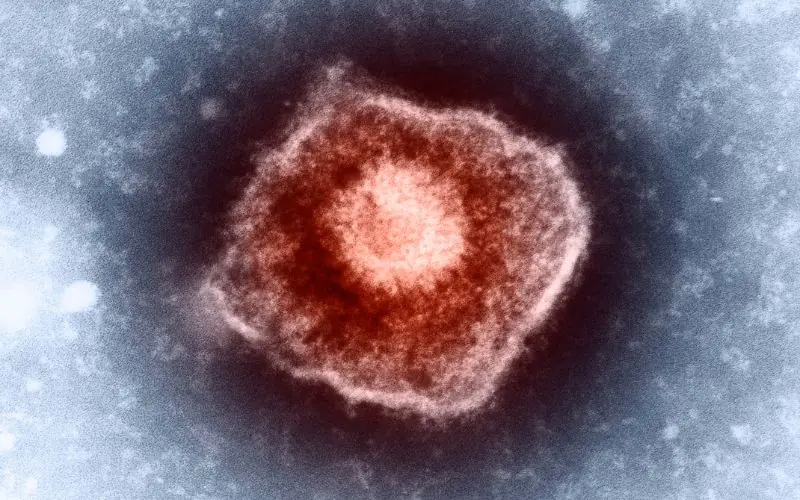
Shingles Vaccine May Lower Dementia Risk, Landmark Study Suggests
A vaccine designed to protect against shingles may also significantly reduce the risk of dementia, according to compelling new research that leverages a unique feature of the vaccine rollout in Wales.
Shingles is a painful condition marked by localized skin blisters, typically affecting adults who’ve previously contracted chickenpox. Both illnesses stem from the varicella zoster virus, which lies dormant in the nervous system after the initial infection, only to reemerge later in life as shingles.
In recent years, a growing body of research has hinted at a link between viral infections—including shingles—and the onset of Alzheimer’s disease. Scientists suspect that such infections may trigger amyloid plaque formation, a key marker of neurodegeneration. If this theory holds true, then preventing shingles could have a dual benefit: shielding individuals from both a painful skin condition and a devastating cognitive decline.
But proving such a connection is no easy task. Controlled, randomized clinical trials are the gold standard, yet they’re often difficult, expensive, and time-consuming to conduct. That’s why researchers from Stanford University saw a rare opportunity in the Welsh public health system’s approach to vaccine distribution.
A Natural Experiment in Wales
In Wales, eligibility for the shingles (zoster) vaccine was determined strictly by date of birth. As of September 1, 2013, individuals under the age of 80 were eligible for one year, while those aged 80 and above were excluded due to limited supply.
This created a natural, real-world experiment. Researchers compared medical data from over 282,000 individuals, some just eligible for the vaccine and others just missing the cutoff—two groups nearly identical in age, health background, and lifestyle.
The results were striking:
Those who received the shingles vaccine were 20% less likely to develop dementia during the study period, which concluded in 2020. Participants with pre-existing dementia were excluded.
Beyond Correlation: Strong Causal Clues
While previous studies have hinted at a connection between vaccines and reduced dementia risk, they often struggled to isolate cause from correlation—largely because people who choose to get vaccinated may differ in other health-related ways from those who don’t.
But this Welsh study removes much of that uncertainty. As Professor Pascal Geldsetzer from Stanford explains, “This is essentially like a randomized control trial, with one group just young enough to qualify for the vaccine, and another just too old.”
Researchers found no significant differences between the groups in terms of socioeconomic status, opioid use, or other major health factors—strengthening the case that the vaccine itself played a protective role.
Why Might the Vaccine Help Prevent Dementia?
The research team also explored possible biological explanations. One hypothesis is that reactivation of the dormant varicella zoster virus contributes to neurological damage—either through direct toxicity to neurons or by triggering harmful inflammation in the brain.
Dr. Anupam Jena, a Harvard health policy expert who commented on the study, noted that shingles reactivation may promote amyloid-β buildup, tau protein aggregation, and vascular damage—all hallmarks of Alzheimer’s disease.
This theory is supported by additional findings:
-
People with multiple shingles episodes were more likely to develop dementia.
-
Those who took antiviral medications during shingles outbreaks had a lower risk.
Replicating the Findings Globally
The Stanford team has since applied the same method to health data from England, Canada, Australia, and New Zealand—countries where shingles vaccines were rolled out with similar age-based cutoffs. According to Geldsetzer, each dataset revealed a “strong protective signal for dementia,” though these follow-up results have yet to be published.
What Comes Next?
While this research doesn’t definitively prove that shingles causes dementia—or that the vaccine can fully prevent it—it provides some of the most persuasive evidence to date of a possible link.
As global populations age and dementia rates climb, findings like these underscore the potential broader benefits of vaccines, especially those targeting viruses with long-term impacts on the nervous system.
Further investigation is warranted, but the message is clear: a simple shot meant to prevent shingles may also be quietly safeguarding our brains.
News in the same category


Doctors Gave Up, But a Woman Recovered from Cancer by Drinking Ginger and Honey

Panic Attacks And Anxiety Have Been Linked To Certain Vitamin And Mineral Deficiencies
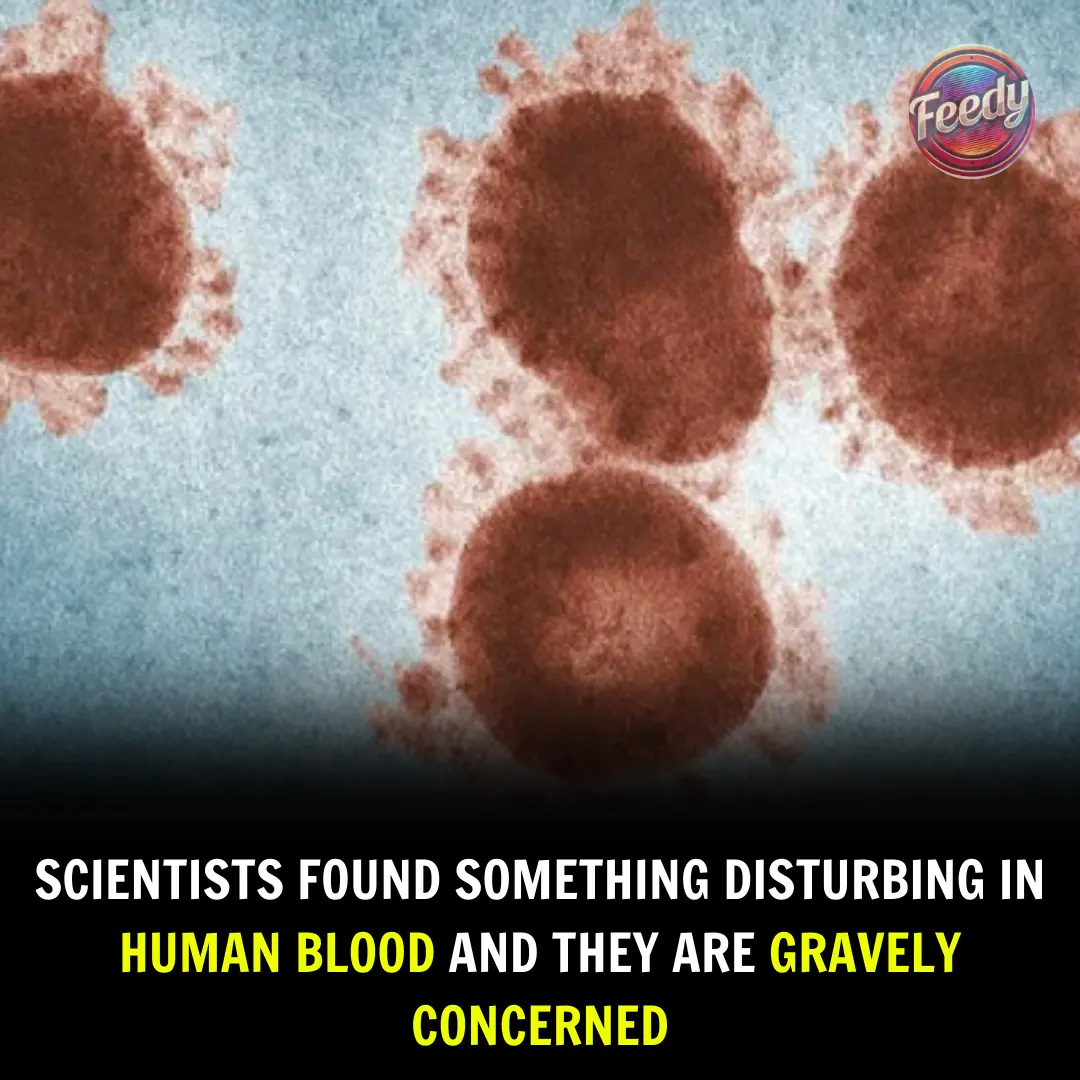
The Hidden Link Between Air Pollution, Alzheimer’s, and Cancer — And the Dust in Your Home
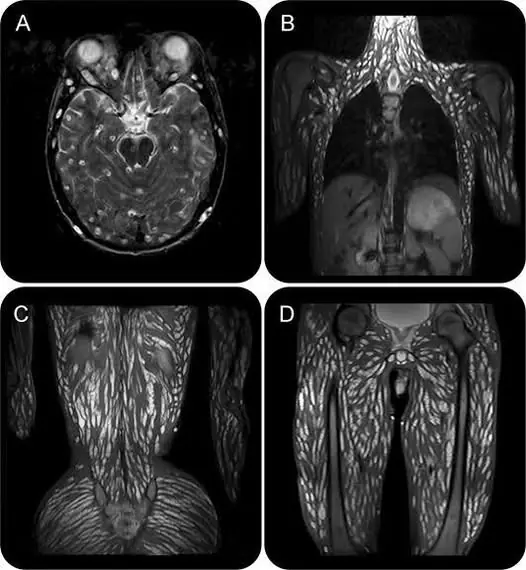
The Hidden Danger in Your Pork: What You Need to Know Before You Eat!

Doctor Warns of SKIN CANCER From MOLES That Spread Rapidly: If You Have 1 of These 11 Signs, Get Checked Immediately
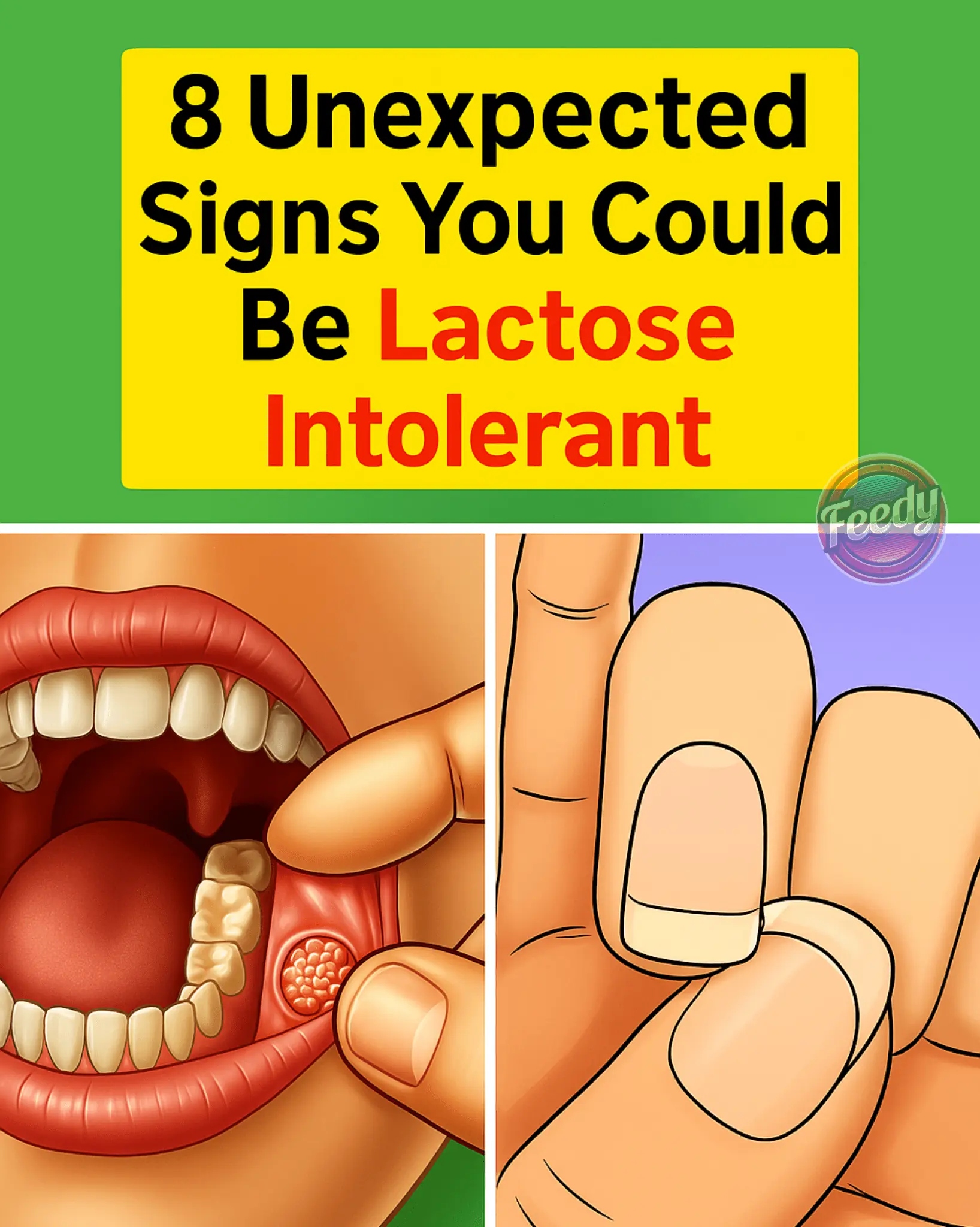
8 Unexpected Signs You Could Be Lactose Intolerant

Is Drinking Water First Thing in the Morning Beneficial?

Don’t Throw Away Damaged Tomatoes

Remember: The kitchen is closely linked to your health!

17-Year-Old Girl Hospitalized with Kidney Failure, Must Undergo Dialysis for Life: Doctors Warn Against 3 Common Habits Among Youth

Plant in the Bible Said to Heal All Ailments

A Vegetable as Powerful as a "Miracle Herb" — A Natural Enemy of Cancer That Grows Freely in Gardens, Yet Many Overlook It

A 36-year-old teacher passed away from diabetes despite not liking sweets — doctor says it's due to 4 of her favorite foods.
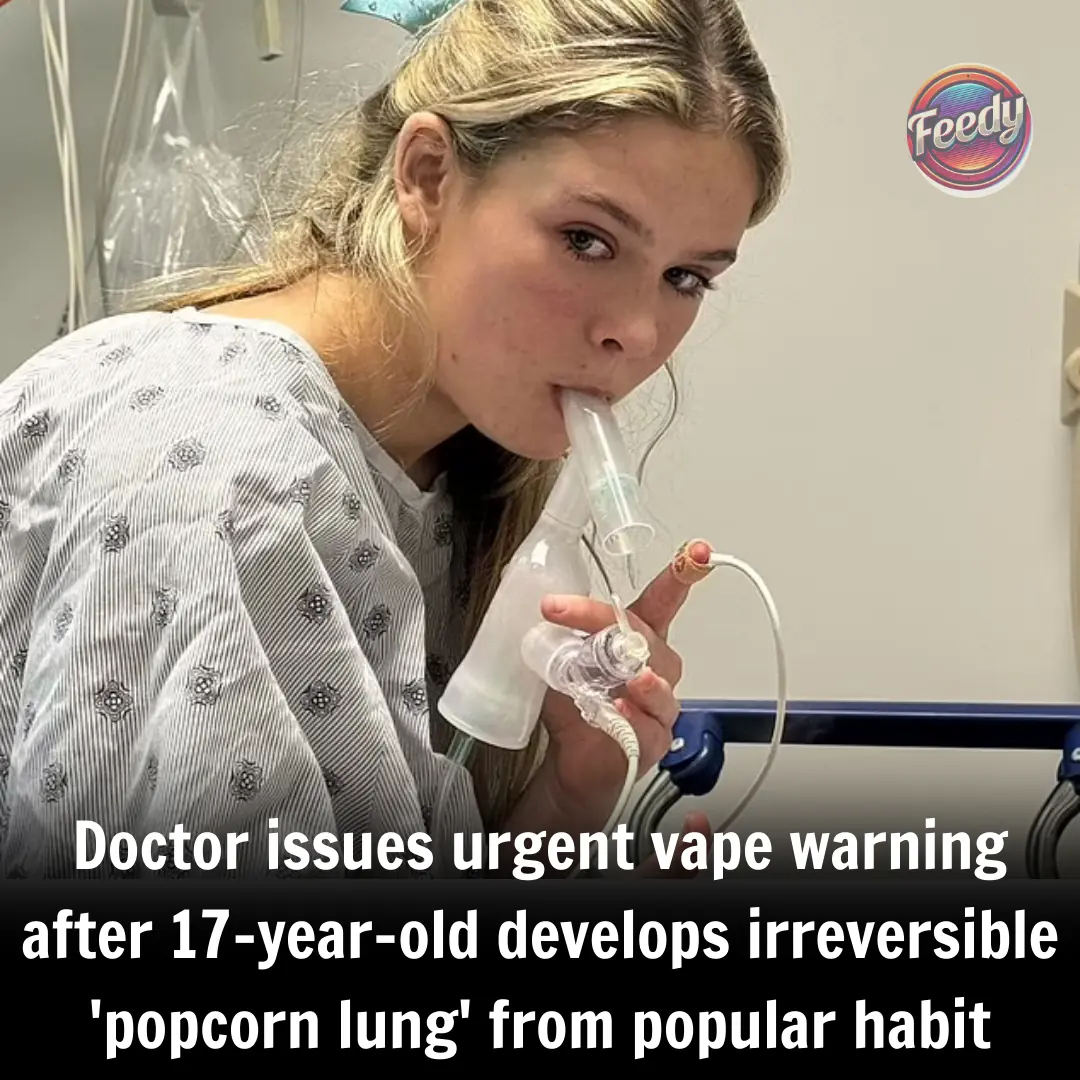
Doctor issues urgent vape warning after 17-year-old develops irreversible 'popcorn lung' from popular habit

46-Year-Old Star Shares a Super Easy Anti-Aging Meal: “I’ve Maintained It for 19 Years”
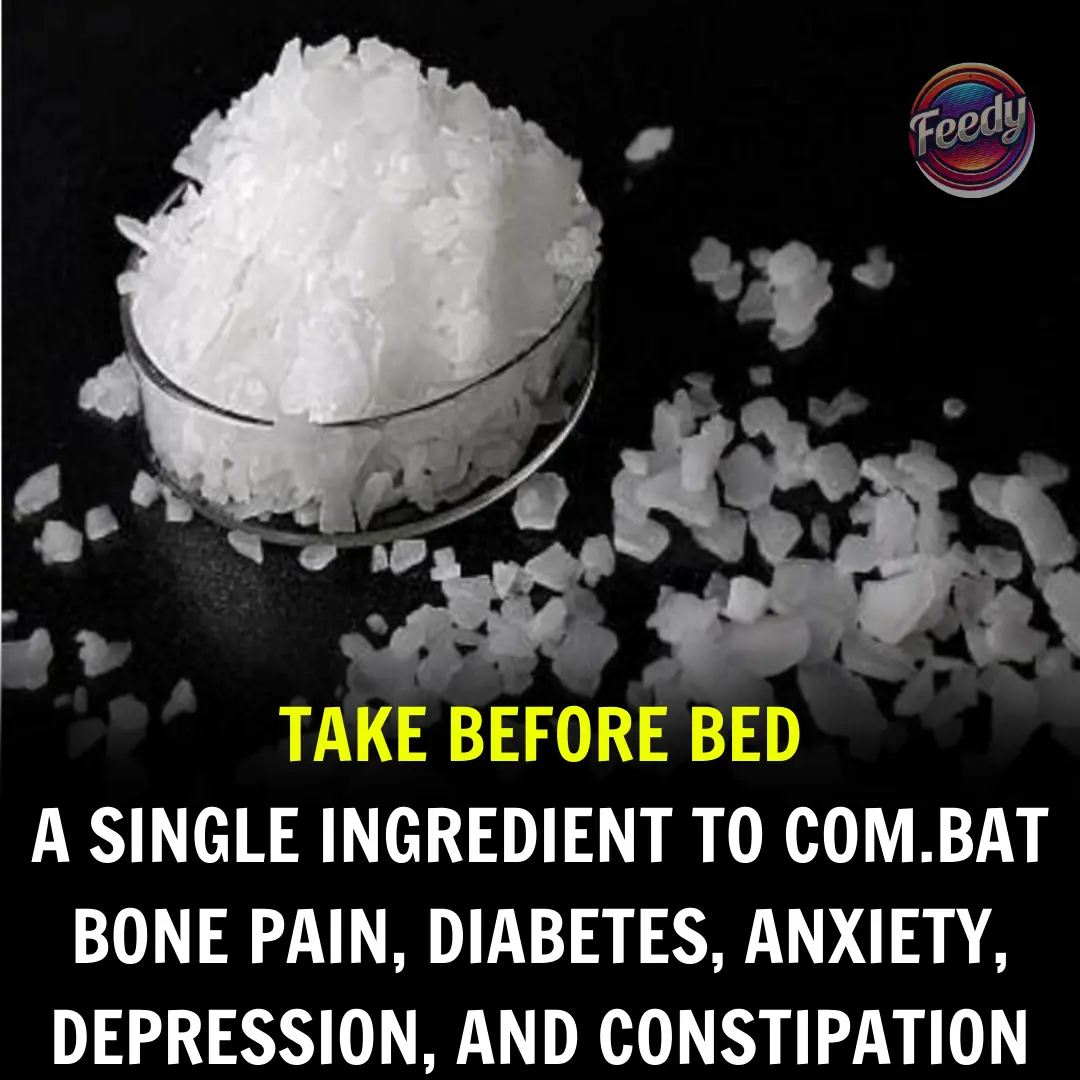
This One Superfood Could Tackle Major Health Issues—Here’s What You Need To Know

Scientists Create a Stem Cell Patch Capable of Regenerating Damaged Hearts
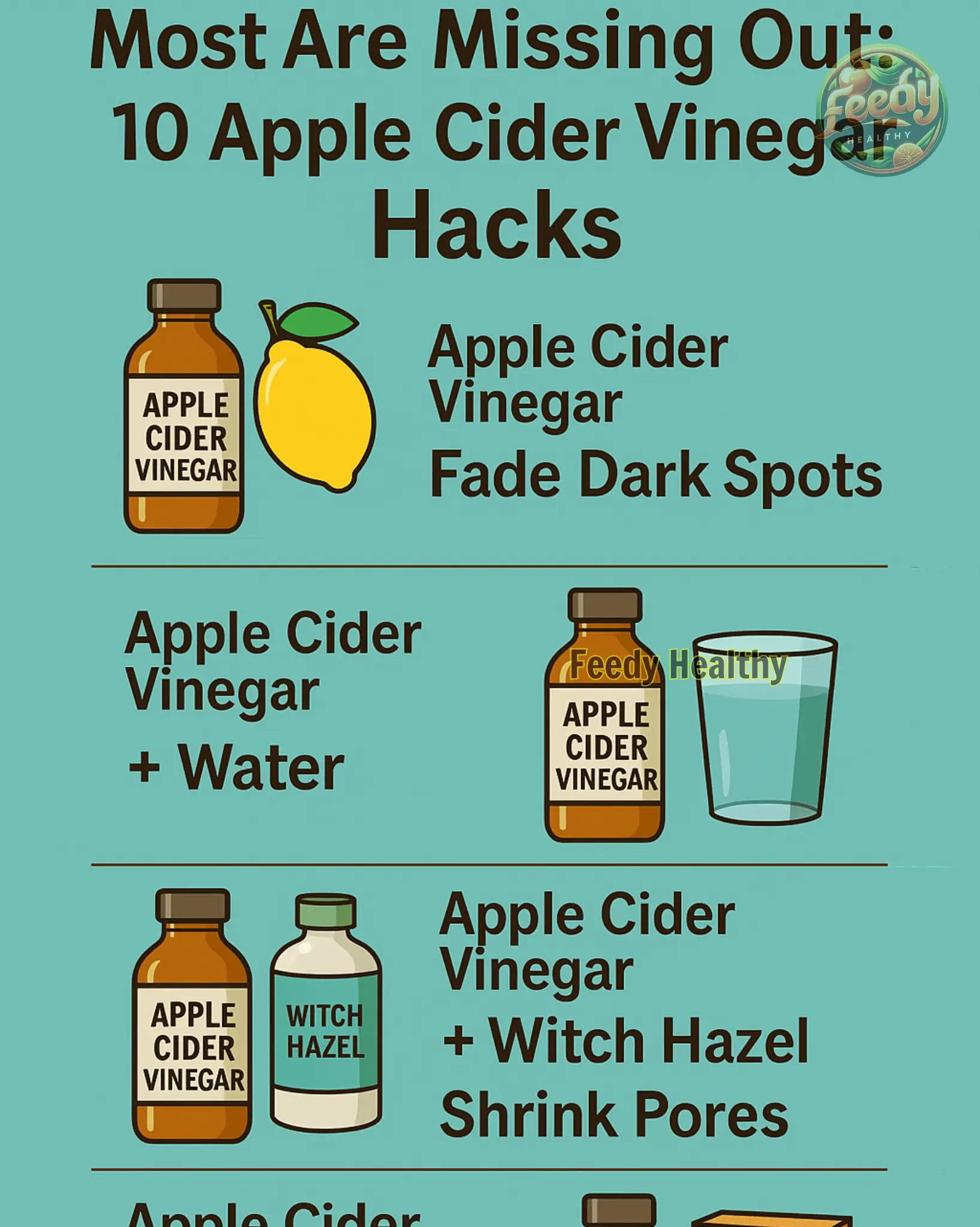
Most are missing out. 10 top apple cider vinegar hacks
News Post

Game Challenge: Find 15 Differences in 30 SECONDS!

Understanding a Cat’s Behavior: Why Does It Rub and Scratch Against You?

These 5 Popular Drinks Are Slowly Damaging Your Kidneys — Are You Still Drinking Them?

California Authorities Identify Human Remains As A 13-Year-Old Girl Who Vanished 50 Years Ago

Stephen Hawking said he had a simple answer when asked whether he believed in god
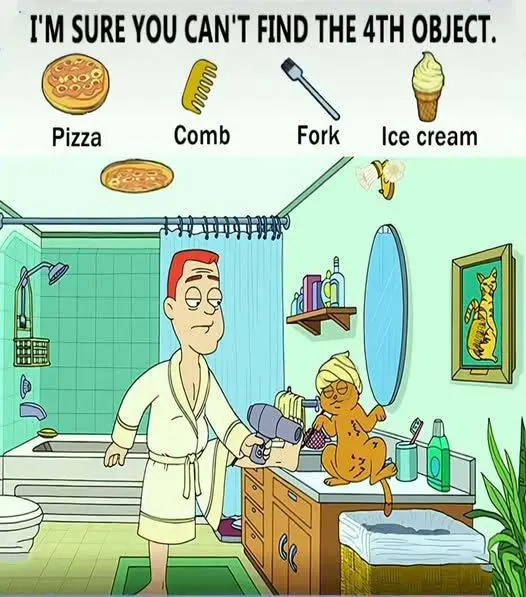
Find Pizza, Comb, Fork, Ice Cream...😊

I Meticulously Saved Every Penny for Our Dream Home—Only for My Husband’s Parents to Try and Claim It.

She Believed The Dog Had Numerous Bites, But The Doctor Examined It More Closely And Called The Police

My Ex-husband Got Our House, Car and All Our Money After Divorce – I Laughed Because That Was Exactly What I Planned

Can You Spot All 12 Differences? Let’s Find Out!

Homemade Korean Rice Face Cream For Wrinkle Free, Young Skin

Use This To Reverse Your Premature Grey Hair With Home Remedies

Woman Humiliated Me at a Restaurant, but the Next Day, She Appeared at My Door as My DIL…

The only drink you need for glowing skin

Pope Francis is back at the Vatican after a five-week hospital

Homemade Tonic For Thick Hair Growth

A Pregnant Dog’s Miraculous Journey: How She Found Help at My Gate…

The Black Serum To Get Long, Black Hair

Transform your skin with vaseline and milk
